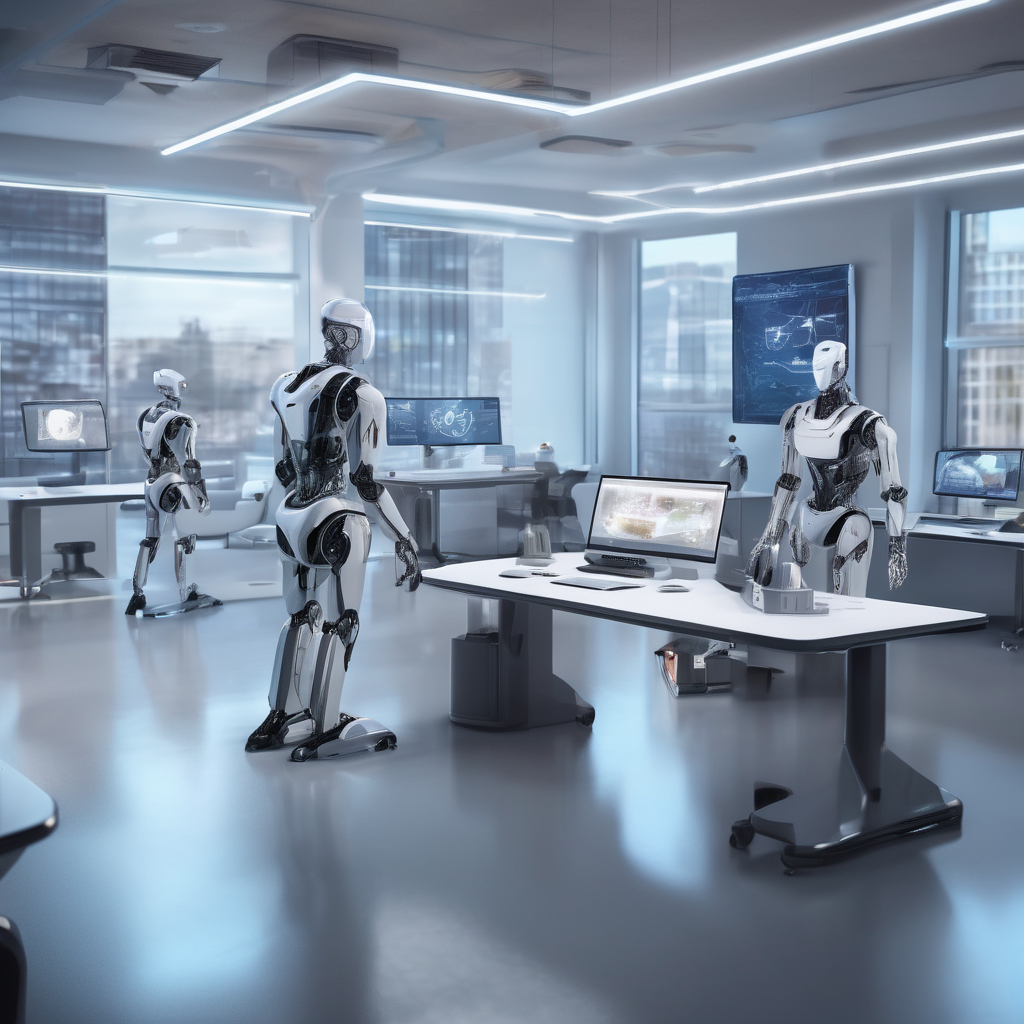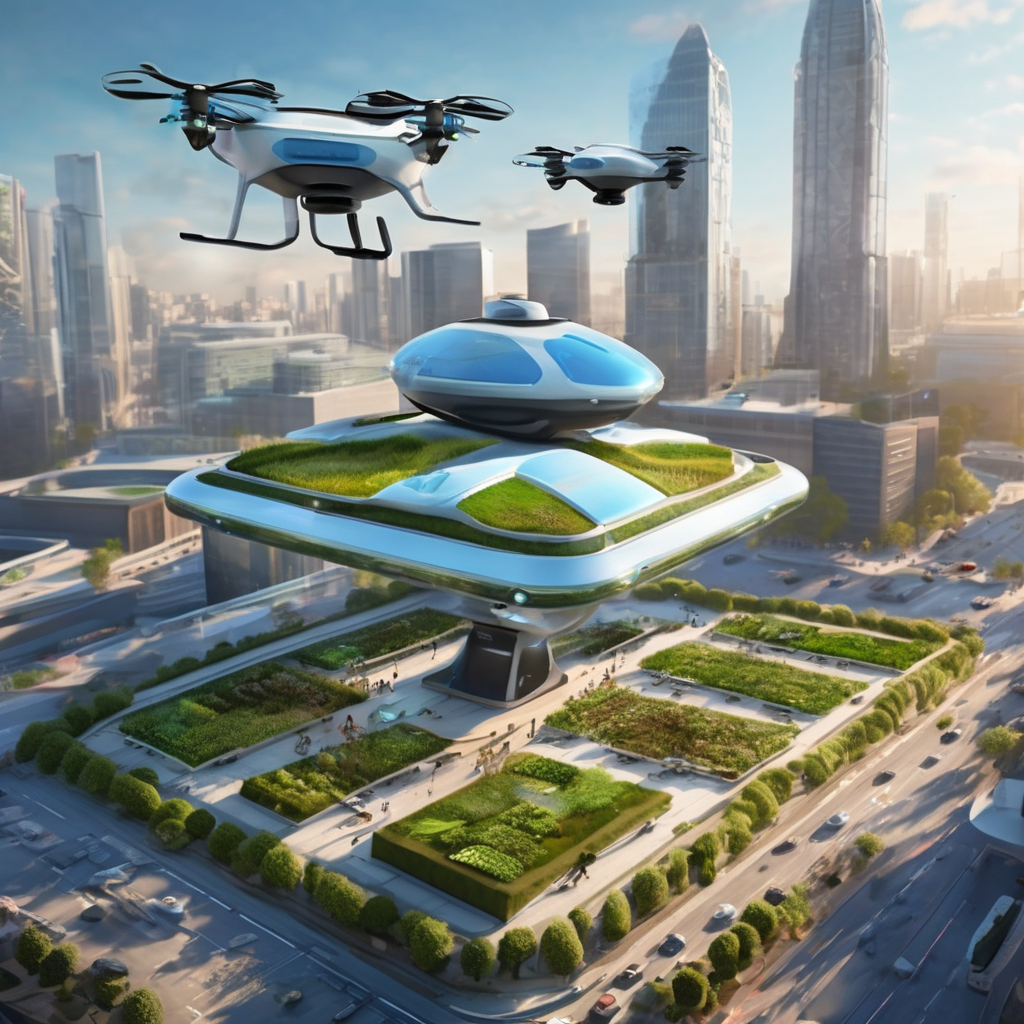
In recent years, the AI landscape has seen a notable trend: an increasing number of high-profile AI executives are leaving major tech corporations to launch their own startups. Among them is Ilya Sutskever, a leading AI researcher who departed OpenAI in May 2024 to found Safe Superintelligence, a company dedicated to advancing safe and responsible AI development. This movement reflects both the dynamic innovation around AI and the significant challenges these new entrants face competing with dominant industry players. These emerging startups have attracted substantial funding, often exceeding the billion-dollar mark, highlighting the market’s recognition of AI’s transformative potential and investor confidence in these companies to drive cutting-edge research and applications. Firms like Safe Superintelligence focus on niches emphasizing safety protocols, human-centered design, and practical AI deployment—areas sometimes underrepresented by established market leaders. Despite the enthusiasm and strong backing, these startups face formidable challenges in competing against entrenched giants like Google, Microsoft, and Meta. These companies possess vast resources—immense computational infrastructure and access to extensive datasets—critical for training and scaling advanced AI models. Their significant financial reserves enable sustained, high-risk R&D efforts, fueling breakthroughs in large language models, generative AI, and superintelligence. AI innovation demands not only technological expertise but also enduring financial strength and strategic positioning.
The scale of successful AI advancements often favors organizations heavily investing in hardware, software, human capital, and data acquisition over long periods, placing newer startups at a competitive disadvantage when developing powerful AI systems or securing market share. Nonetheless, these startups offer agility and focused attention on underexplored AI concerns, such as ethical considerations, robustness against adversarial attacks, transparency in AI decision-making, and enhancing safety and relevance in real-world applications. The competitive dynamics also reveal a cyclical relationship between startups and established firms. Many promising but resource-limited startups eventually become acquisition targets, enabling larger companies to incorporate innovative technologies and expertise. Such acquisitions have historically helped established firms maintain technological leadership while nurturing external innovation. Ultimately, AI superintelligence’s development and the future technological landscape will likely be shaped by a combination of new entrepreneurial ventures and the sustained dominance of well-funded incumbents. Both contribute to a rich, dynamic ecosystem that balances innovation with scalability and safety, highlighting the importance of strategic investment, collaborative development, and conscientious design to harness AI’s benefits while mitigating risks. As AI continues to evolve, observers and stakeholders closely watch how these startups adapt, scale, and influence the broader AI narrative—whether as independent pioneers of specialized advancements or as integral parts of larger corporate structures. The stakes in AI development extend beyond commerce, deeply intertwining with societal values, safety, and aligning technology with human well-being.
Rise of AI Startups Led by Executives Leaving Tech Giants for Safe and Responsible AI Innovation


The landscape of search engine optimization (SEO) is undergoing a profound transformation driven mainly by advancements in artificial intelligence (AI).

The social media landscape is rapidly evolving, offering brands, creators, and marketers new opportunities in 2025.

The emergence of artificial intelligence (AI) has ignited widespread debate about its impact on the U.S. workforce, prompting experts to weigh its benefits and challenges.

The launch of Replify's AI Growth Engine arrives amid strong growth signals in the fitness industry despite ongoing operational challenges.

In the swiftly changing world of digital marketing, teams are increasingly adopting generative artificial intelligence (AI) to revolutionize their communication strategies.

An AI company has made a landmark advancement in last-mile delivery by beginning to deploy autonomous delivery drones in select urban areas, marking a major integration of artificial intelligence into everyday logistics and supply chain operations.

Dallas-based KISS PR has unveiled a detailed guide illustrating how artificial intelligence is reshaping SEO strategies in 2025, emphasizing the integration of strategic press release distribution to secure first-page Google rankings.
Launch your AI-powered team to automate Marketing, Sales & Growth

and get clients on autopilot — from social media and search engines. No ads needed
Begin getting your first leads today